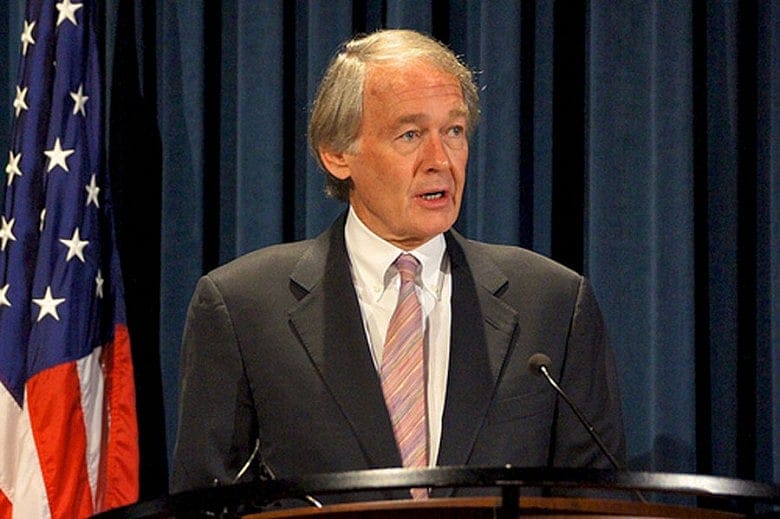Regional, national opioid responses discussed at Boston forum

BOSTON — Across New England, efforts to tackle opioid abuse and curb rising overdose rates involve a focus on working with doctors on both how the drugs are prescribed and how addiction is treated, political and public health leaders from four states said Monday.
The week before Massachusetts lawmakers hear testimony on substance abuse legislation and their peers in New Hampshire debate the same issue, officials gathered at a multi-state conference to discuss their approaches to fighting drug addiction and misuse, calling it a crisis that needed to be addressed immediately.

